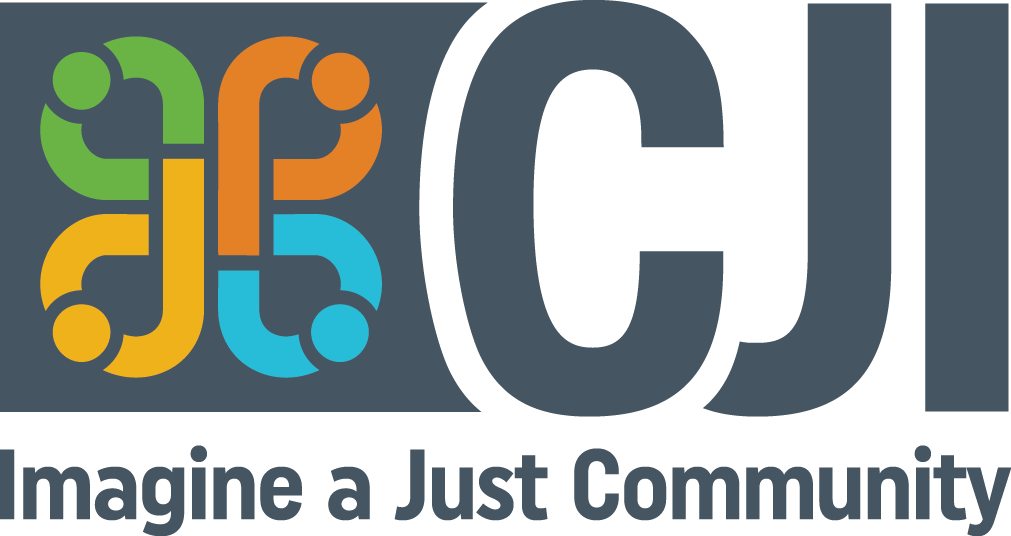6 Ways to Respond to Conflict – Part 2
6 Ways to Respond to Conflict – Part 2
If you missed Part 1 of “6 Ways to Respond to Conflict”, click here.
As we established in our previous post, conflicts are bound to happen even in the best of circumstances. Conflicts in and of themselves are not bad; rather, it is how we handle them that determines whether they are helpful or hurtful. So, when you are in the middle of a disagreement, consider whether or not you have a self-serving bias:
1. Self- Serving Bias
When we consider our own lives, we tend to think that positive events occurred to us because of our own character, and negative events occurred to us because of factors beyond our control. But when we consider others’ lives, we tend to think that negative events occurred to them as a result of their character, and positive events occurred to them because of factors beyond their control. When you find yourself in a conflict, ask yourself if you might be holding a bias, or hanging onto an incomplete story about the other person, your situation, or even yourself.
How might you begin to shift, or enhance, your perspective on the situation?
Information from: Fritz Heider
2. Thinking Errors
Remember a time you were in conflict with someone, and ask yourself if you made any of the following thinking errors:
- Binocular Vision: Looking at things in a way that makes them seem bigger than they really are
- Black and white thinking: Looking at things in extreme or opposite ways (e.g. saying always, never, or having an all, or nothing viewpoint).
- Dark Glasses: Thinking about only the negative aspects of things
- Fortune Telling: Making predictions about what will happen in the future without supporting evidence
- Making it Personal: Blaming yourself for things you have no control over, or for things that are not your fault
- Blame Game: Blaming others for things you should take responsibility for
- Overgeneralization: Making sweeping negative conclusions that go beyond the current situation
- Mind Reading: Believing you know others’ motives or intentions, or what they are thinking, feeling, or failing to consider.
- Mental Filter: Paying undue attention to negative details, instead seeing the whole picture.
- Emotional Reasoning: Thinking something must be true, because you feel it so strongly, while ignoring or discounting evidence to the contrary.
- Discounting the Positive: Telling yourself that positive experiences, deeds, and qualities do not count.
- Establishing Imperatives: Holding a fixed idea of how others should behave, and overestimating how bad it is that these expectations are not met.
Did any of these resonate with you? Next time you are in a conflict, keep these in mind and try to avoid these thinking errors, as they can heighten the conflict and/or cause damage to the relationship.
3. Love Languages
If you are in conflict with a family member, if could be that you are speaking different “love languages”. “Love languages” are our preferred ways of relating that make us feel valued, cared for, and loved.[/vc_column_text][vc_single_image image=”21265″ img_size=”large”][vc_column_text]Information from: Gary Chapman
4. Mindful Responses
Are you becoming easily triggered, or reacting too quickly, when in conflict?
Before you respond, try asking yourself:
-What did I see the other person do?
-What did I hear the other person say?
-What am I feeling?
-What am I feeling about that feeling?
-What am I thinking?
-What am I deciding to do?
Information from: Virginia Satir
5. Using “I” Statements
Do you find yourself trapped in patterns of blaming and arguing?
Try this three-part statement:
-I feel _______________ (emotion),
-when ______________ (situation you find problematic)
-because ____________ (your concern).
Example: “I feel worried when you come home late, because I don’t know if you’re safe.”
Or try this two-part statement:
-I feel _______________ (emotion).
-I’m concerned about __________ (your concern).
Example: I feel worried. “I’m concerned about your safety.”
Concept from: Thomas Gordon
6. Using PPEN
Are you stuck in a conflict with someone you care about? Use “PPEN” to consider the conflict, from your perspective. Then use “PPEN” again, to ask the other person about their perspective.
What is the PROBLEM?
What is your POSITION about the problem?
What is your EMOTION around the problem?
What are your underlying NEEDS, related to the problem?
Are you both talking about the same problem? Do you have more than one problem to solve? What positions are you both taking about problem? Are there additional positions, or proposals, that you could each suggest to address the problem? What do you each hope to have heard and acknowledged, regarding your emotions related to the problem? What are the needs you each have that, if not addressed, will prevent the problem from being resolved?
See if you can work together to get clarity about the problem, expand the number of positions you’ve considered, hear and acknowledge each other’s emotions, and address one another’s needs.
If you are experiencing a conflict and would like a third party to help you work through it, click here to learn more about our mediation services.



